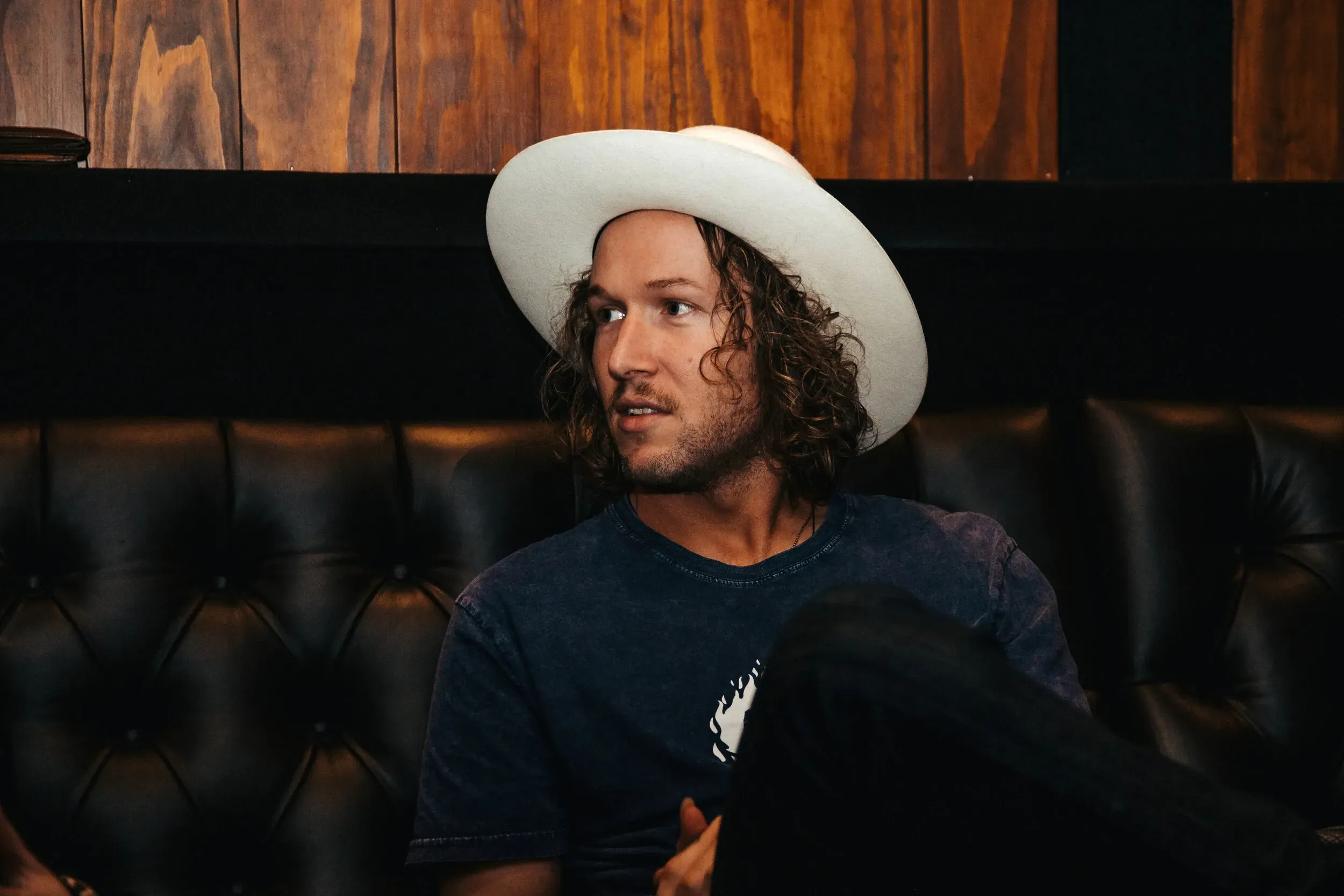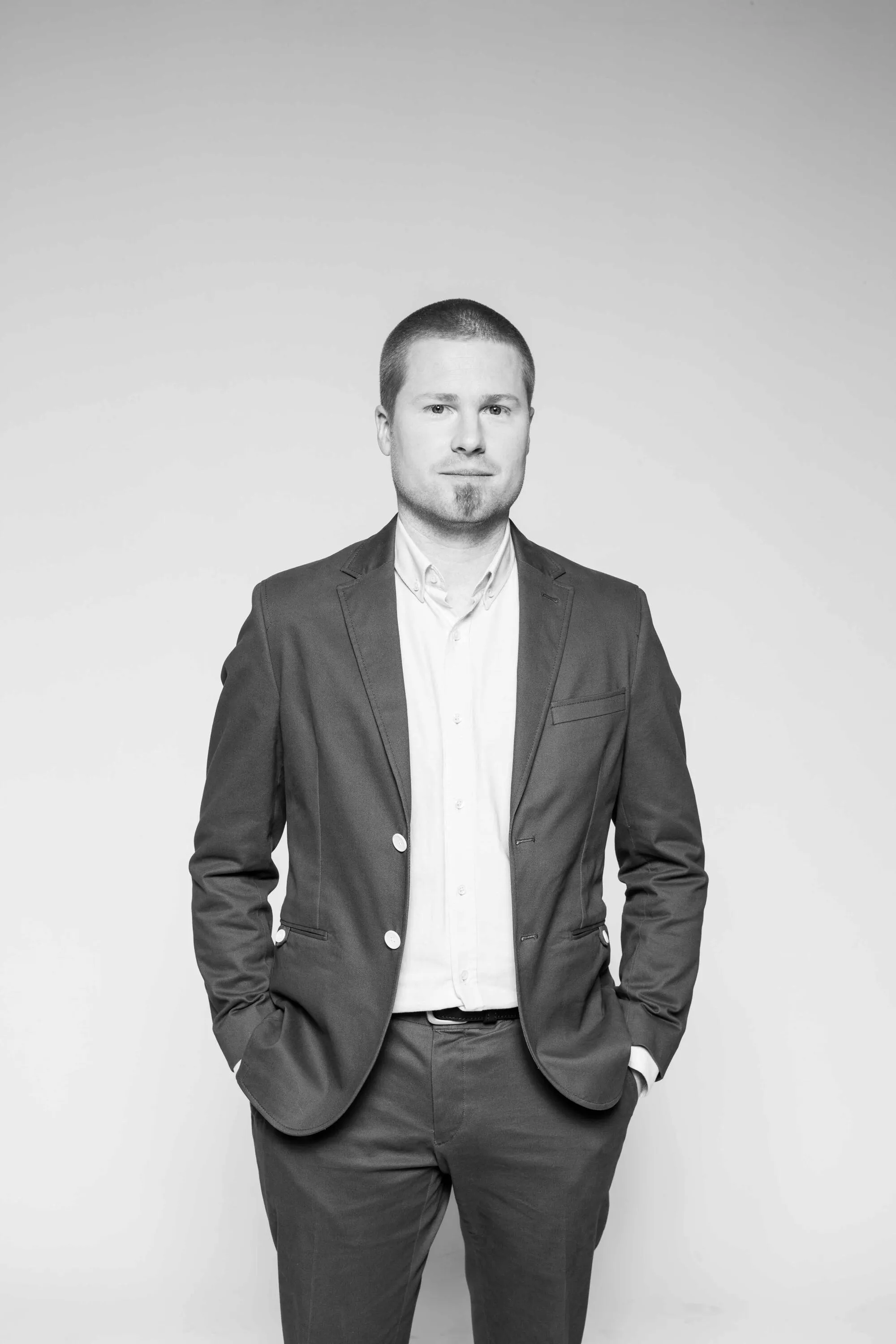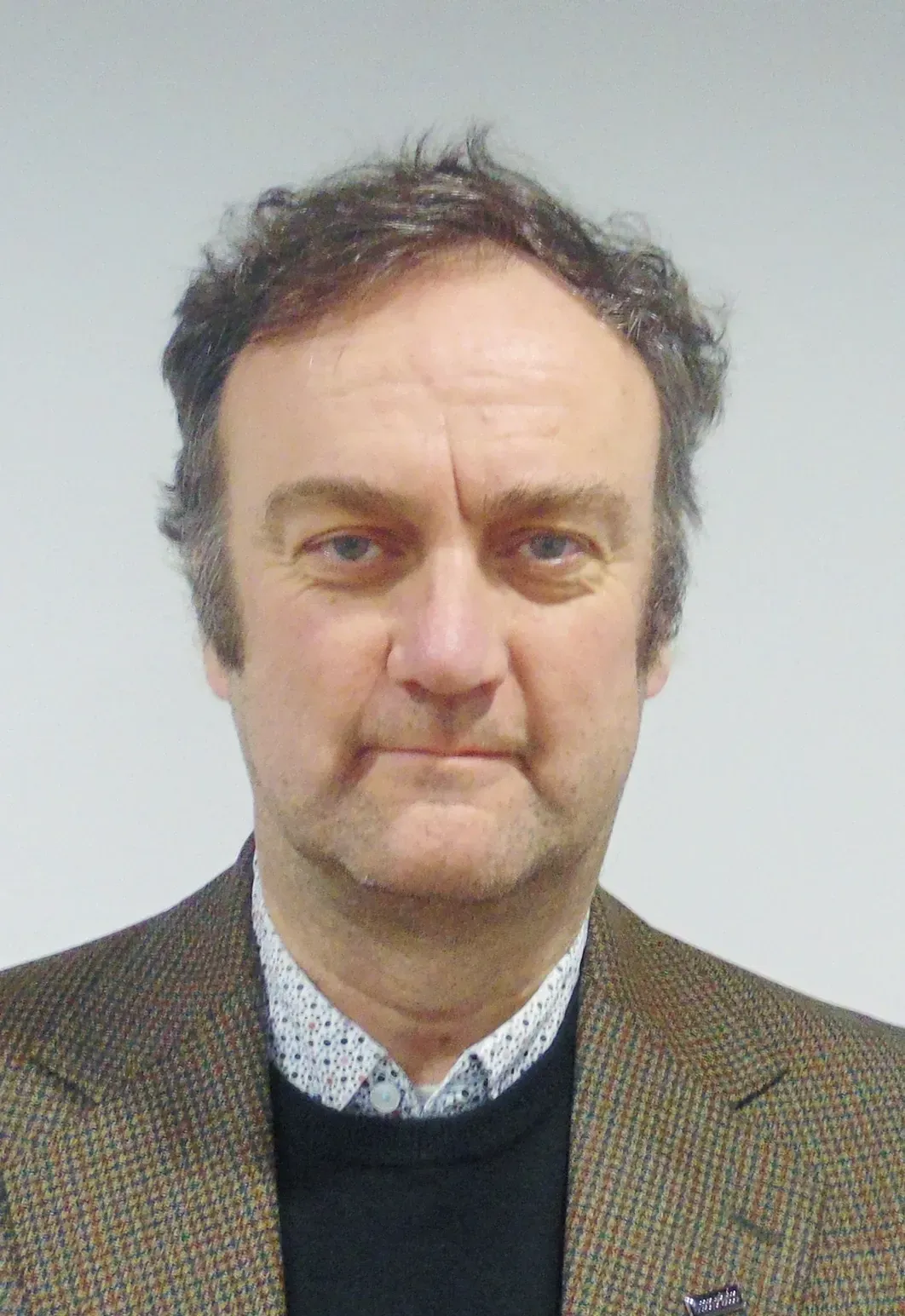How a Creative Mentor Can Change a Career
Written by

It’s not easy to find something everyone in the creative arts community agrees on.
With so many disciplines and such varied skill sets, ideologies and interests, finding common desires can be difficult.
There is, at least, one exception.
There is virtually a universal agreement that the PACE scheme needed revival.
The Pathways to Arts and Cultural Employment (PACE) programme was a game-changer from the early 2000s - offering support and resources to young artists and validating arts as “real work”, an actual career.
Since its demise in 2012, there has been an often-lamented chasm for creative jobseekers to feel nurtured in their quest to establish themselves in their chosen field.
The launch of the Creative Careers Service last month is going a long way to bridging that gap, a dual partnered programme with both Manatū Taonga Ministry for Culture and Heritage (MCH) and the Ministry of Social Development (MSD).
The Big Idea is part of the new pilot scheme to offer mentoring and resources with the introduction of Toipoto, a free service available to creatives;
-
Living in Auckland
-
Aged between 18-64 years
-
Who have a recognised creative qualification or relevant experience in a creative field
Toipoto and its fellow pilot schemes across the country are already beginning to make their mark and help those starting out in their creative careers or who have found themselves in need of support due to the pressures of COVID-19 on the sector.
To find out how mentoring can change the course of a career, we’ve spoken to people who have experienced it first hand - catching up with PACE alumni and those who were instrumental in setting it up in the first place.
Hitting the right note
Thomas Oliver makes no bones about it. He considers himself a perfect example of how PACE was supposed to work.
The acclaimed singer-songwriter’s made an impact around the globe, from winning the APRA Silver Scroll in 2016 to success throughout Europe. But back in 2006, he was just like the many artists taking their first steps in their creative journey in Wellington.
“Just having a framework in which you’re encouraged to build a career was a really comforting and encouraging thing,” Oliver tells TBI “I felt grateful to be in a country that would acknowledge the arts in such a way and support them, it’s something I’m still grateful for now.”

Thomas Oliver. Photo: Ryan Allen.
As well as allowing Oliver time to work on his music and how to make money from it, he found having someone to check in with and help guide him in his formative steps as invaluable. “Biddy Grant was my case manager, she was really good. Just having someone who understood the ins and outs of what I was doing and supporting it was a huge thing for me.”
With experience now under his belt, Oliver is one of those paying it forward, mentoring the next wave coming through. “One thing I’ve noticed is that there are a lot of people who want to make a career from music or the arts, but a very large percentage of them have no idea how to do it.
“You don’t have to teach them passion for music, but you do need to teach them the methods to build a career from it. The best thing to have is a mentor, someone you can look to, who can explain to you the way that you can do it. It’s a mentality to think differently than you have in the past.
“You can learn music from a music school but the actual reality of it is the information you need is a bit harder to find. I would say the most valuable thing is an actual mentor who can show you the ropes.”
Silver's golden advice

Harry Silver. Photo: Supplied.
Fellow PACE alumni Harry Silver sings from the same song sheet.
Now working to build the next generation of Creatives at AUT, Silver’s unequivocal in his support for this exciting new chapter in supporting artists. “The Creative Careers pilots are an important step towards growing resilience in Aotearoa’s creative ecosystem. Having participated in both PACE and The Big Idea’s Mentoring in the Arts program, I’m a firm believer in these approaches and the support and learnings they will provide.
Silver’s not only seen first hand the impact it can make - he’s also seen how other industries have rallied around their up-and-comers. “It’s high time the creative industries gained the support that our startup sector has benefited from for years. Entrepreneurs have access to a myriad of programmes and platforms to support their ventures.
“Creative Careers can provide artists and creatives access to crucial elements required to enable viable careers in the sector like networks, business awareness, negotiation, marketing, funding.
“It needs to include the same cultural acceptance of failure and unwavering support that our entrepreneurs benefit from, with their fail-fast mantras and our faith in their creative visions.”
Creating pathways
Few have been more vocal in their support of - and involvement in creating pathways for creatives to have the tools they need to succeed in business than Antony Deaker.
The Dunedin-based, multi-faceted contributor to the creative arts space has helped with the implementation of the original PACE scheme and was called on for feedback for the development of the Creative Careers Programme.

Antony Deaker. Photo: Supplied.
Deaker emphasises to TBI that these schemes are vital. “Many artists are going to be self-employed and there will be a period of time in their career development when understanding how to operate professionally is critical.
“This might be soon after education and training for some, or later as people develop their work to a level where it can realistically be a source of income. Likewise, for those who can enter employment from their creativity, being able to access applied support with strategies and skills for the workplace is invaluable.”
While there are many ways to build these skills, Deaker has no doubt that having mentors who know and understand the arts makes an immeasurable difference.
“When I was working alongside artists during the previous iteration of this scheme (PACE) I recognised the value of the time it gave them. Time, with the support of Case Managers recognising they were making progress and the right moves to achieve employment, meant the artists could make well-considered plans and build in a sensible way to achieve lasting success."
Deaker’s thrilled to see Toipoto and its fellow pilot schemes getting underway, and is excited to see the impact it could make on our creative landscape.
“Someone told me there were more bands in Dunedin and the live scene was really cranking during the last version of PACE. I don’t know if that was true or if it can just be attributed to PACE but it makes sense.
“Programmes that validate peoples’ creative work and provide support to grow those people professionally will lead to some dynamic innovative explosions of cool stuff in unforeseen ways.”


